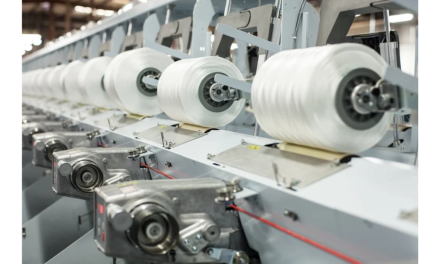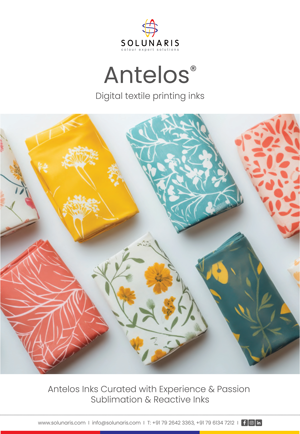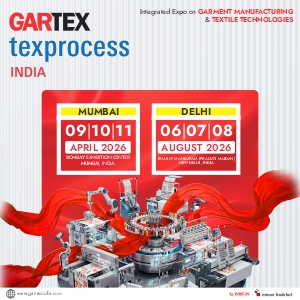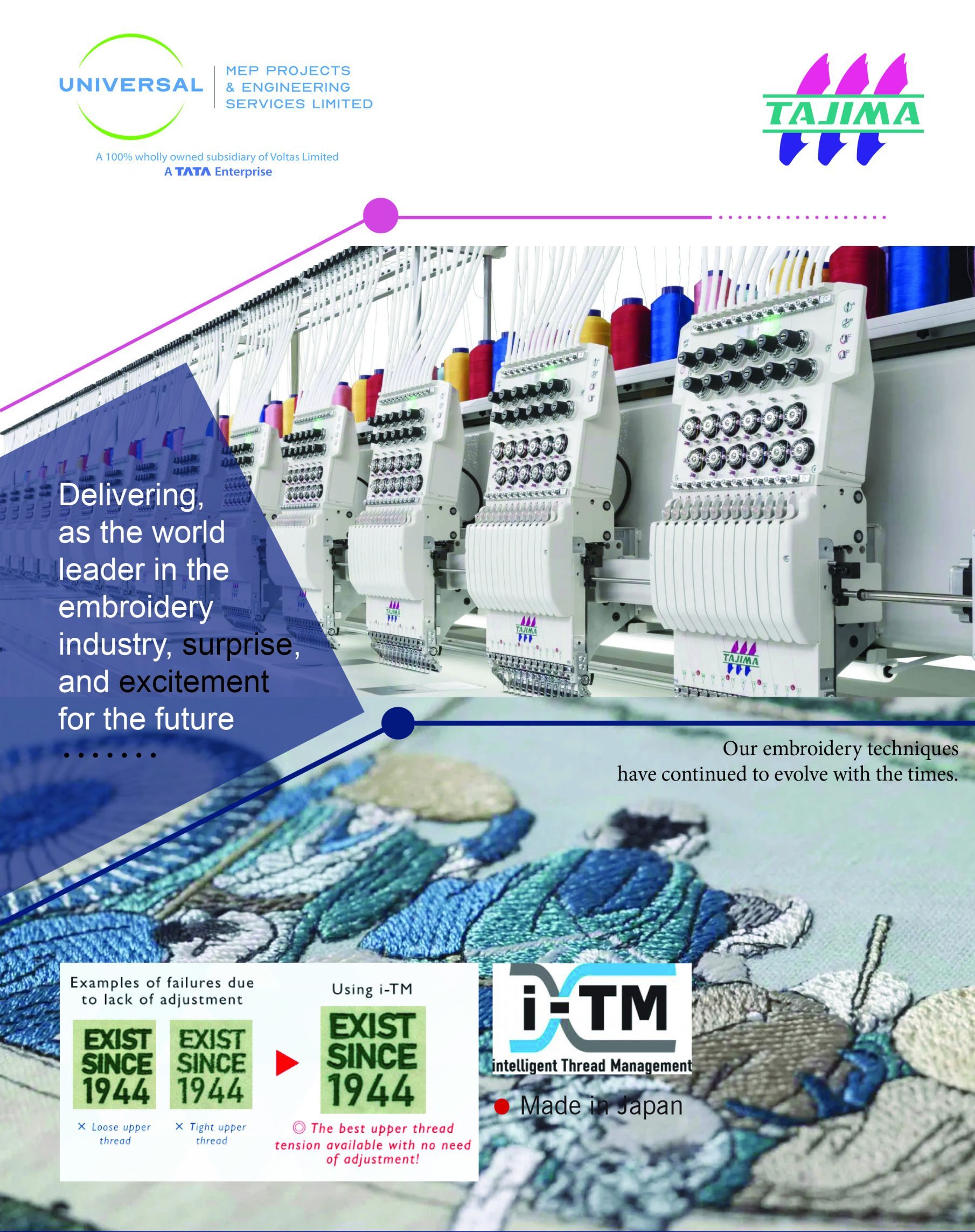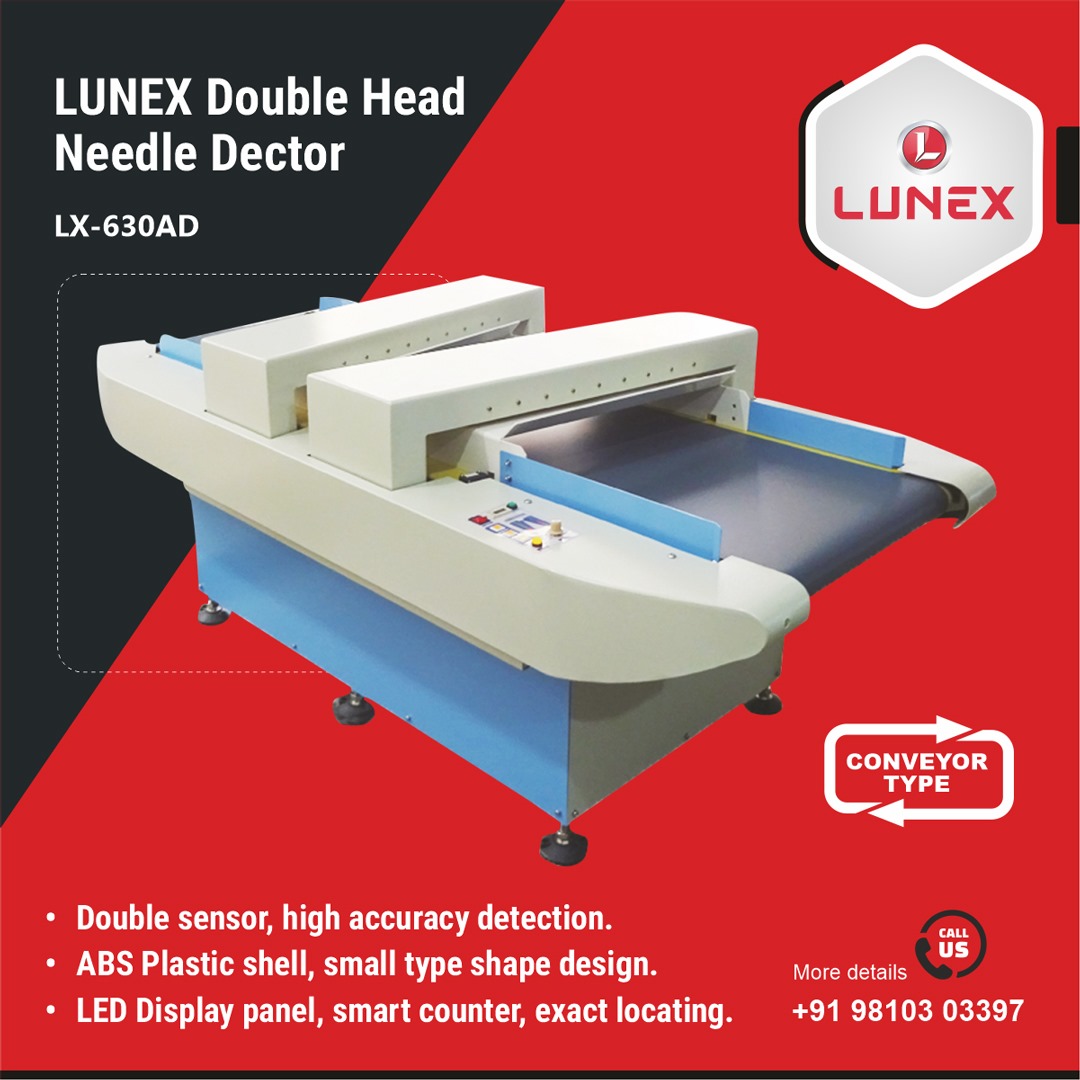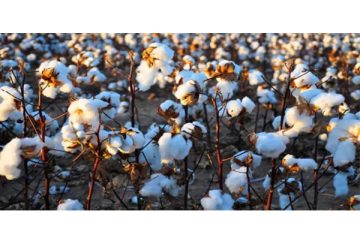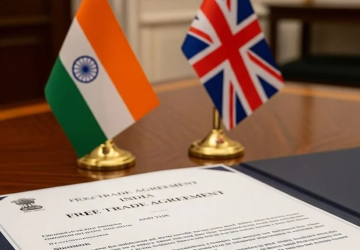
With increased penetration of technology, global trade barriers are diminishing and continuing to provide textile manufacturers from traditional hubs like India, Bangladesh, Vietnam, Turkey and parts of Africa the opportunity to transcend beyond domestic borders. On the other hand, the western markets such as North America, Western Europe and parts of Oceania represent a lucrative destination, making these regions home to some of the world’s biggest fashion retailers and lifestyle brands who are willing to pay a premium for quality, innovation and ethical production.
However, entering the Western textile market is not just about offering low-cost production or scaling up volumes. The buyers care more about craftsmanship, traceability, brand narratives and increasingly about the environmental impact of the products they source. In a fiercely competitive landscape, the global players have a strong vendor network which streamlines their supply chain management.
With strategic integration of product excellence, sustainability, innovation and a deep understanding of Western consumer behavior, textile manufacturers can enter as well as thrive in the Western markets.
Trade-shows and network with local agents
To enter the market, it is important to attend trade shows in western markets more than showcasing your products. These events are rich networking grounds where you can meet potential clients, understand emerging trends and most importantly connect with local agents who already have a strong foothold in the region.
These trade shows often attract the right intermediaries who can help bridge the gap between you and the target buyers. Additionally, the old-school approach of cold walk-ins to offices of importers or agents can open doors to seamless market entry.
Quality and Consistency – Both in production and marketing
The buyers for retailers and fashion brands in western countries demand high standard products in terms of texture, finish and colourfastness. A single quality issue can result in a cancelled order or long-term reputational damage. To win customers, manufacturers must invest in quality assurance systems, standardized testing protocols and robust supply chain controls. Hence, invest in high quality marketing material and samples as quality and consistency help in building trust and enable long-term partnerships. This can be achieved by offering transparent documentation and third-party certifications which can reassure the western buyers.
Adopt Sustainable and Ethical Practices
Sustainability has become pivotal in the western market. It has become a competitive necessity as consumers and businesses in the West make purchase decisions based on environmental and social criteria. Textile manufacturers must embrace eco-friendly materials, reduce water and energy usage to eliminate toxic dyes and minimize wastage.
For ethical practices, western manufacturers focus on ethical labor practices. The buyers expect fair wages and safe working conditions that ensure compliance with global labor standards. Hence, it requires certifications to offer credible proof of compliance and appeal to conscious customers.
Design and Product Innovation
Western fashion markets thrive on innovation and manufacturers offer trend driven designs, new fabric blends and digital prints to make their products stand out. Additionally, these manufacturers partner with local designers or have an in-house creative team who are already familiar with western tastes and can give the same edge.
For instance, a textile company that not only supplies organic cotton but also offers value-added finishes like wrinkle resistance, antibacterial treatment or custom weaves becomes more attractive. Further, they can strengthen their positioning by offering seasonal design collections or customization options.
Establish a Strong Digital Footprint and invest in sampling
Western buyers often begin their discovery and validation process online. Hence, establishing a strong digital presence through a well-designed website, professional catalogs, case studies and social media channels can help build credibility and reach.
For instance, textile manufacturers can build a comprehensive website to clearly showcase product capabilities, certifications, manufacturing processes, client testimonials and contact information. Moreover, the manufacturers can also participate in online sourcing platforms or attend virtual textile expos for opening additional entry doors. Additionally, textile manufacturers should invest in sending out samples to offices of target customers by finding the right people on professional networking platforms.
Build Transparent and Responsive Communication
In the western markets, business relationships are highly driven by reliability, transparency and responsiveness. Any delay in response, vague updates or lack of accountability raises red flags for western clients. As a result, textile manufacturers must set up robust customer service protocols, clear communication, fast turnaround on inquiries and regular progress updates. These manufacturers can also offer real-time order tracking and maintain visibility across the production lifecycle to build trust.
Final Thoughts
Winning customers in the western market is not associated with low price offerings. It is more about being seen as a reliable, high-quality and future-ready partner. By elevating product standards, embedding sustainability and investing in long-term relationships, textile manufacturers from emerging markets can unlock enormous opportunities. In a world where western brands are under constant pressure to differentiate and stay relevant, the right manufacturer can bring value as an indispensable asset.
(By Pawan Gupta, Co-Founder and CEO of Fashinza)



